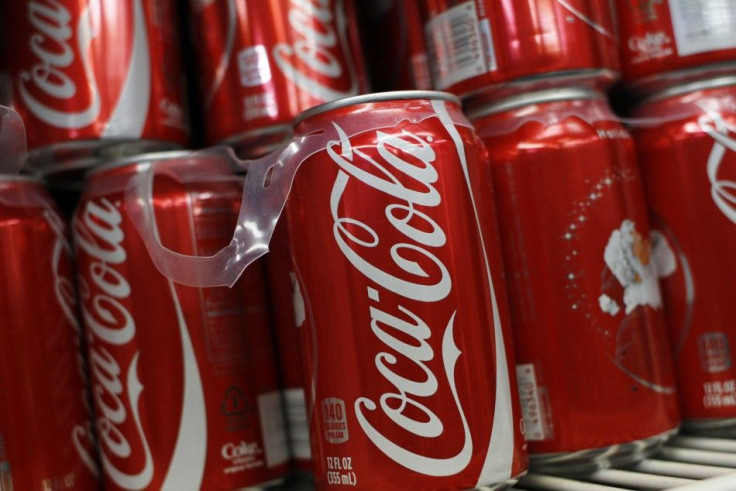Coke, Pepsi Change Recipe To Avoid Cancer Warning

Coca-Cola Co. and PepsiCo Inc. are reducing a caramel coloring agent linked to cancer in their new drink formulas, a change that isn't expected to affect the taste, the Associated Press reported.
Coca-Cola and PepsiCo said Thursday they will reduce the amount of caramel coloring in their sodas in response to a California law that requires cancer warning labels on products containing a certain level of carcinogens.
The two companies have already rolled out drinks with less caramel coloring in California and will expand the changes nationally, the AP reported.
Coca-Cola and Pepsi officials maintained their products have always been safe, but said they will reduce the amount of caramel coloring to avoid cancer warning labels on certain soda drinks.
While we believe that there is no public health risk that justifies any such change, we did ask our caramel suppliers to take this step so that our products would not be subject to the requirement of a scientifically unfounded warning, Diana Garza Ciarlante, a Coca-Cola spokeswoman, told USA Today.
Researchers differ on whether a byproduct that comes from manufacturing caramel coloring 4-methylimidazole causes cancer.
The Center for Science in the Public Interest, a nonprofit organization in Washington, has petitioned the FDA to ban caramel coloring in foods and drinks. The FDA has said it generally considers caramel coloring to be safe. Caramel coloring comes from heating sugars with acids and other chemicals.
Doug Karas, an FDA spokesman, said it's unlikely caramel coloring would cause cancer in the average soda drinker.
A consumer would have to consume well over a thousand cans of soda a day to reach the doses administered in the studies that have shown links to cancer in rodents, he said in a statement.
Michael F. Jacobson, executive director of the Center for Science, said in a statement,Most people would interpret 'caramel coloring' to mean 'colored with caramel,' but this particular ingredient has little in common with ordinary caramel or caramel candy.
It's a concentrated dark brown mixture of chemicals that simply does not occur in nature. Regular caramel isn't healthful, but at least it is not tainted with carcinogens.
In 2007, researchers at the National Toxicology Program found 4-MEI caused cancer in mice and rats.
Coke and Pepsi, with the acquiescence of the FDA, are needlessly exposing millions of Americans to a chemical that causes cancer, said Jacobson. The coloring is completely cosmetic, adding nothing to the flavor of the product.
The American Beverage Association, which represents the broader industry, pointed to other scientific studies that show 4-MEI is safe.
The science simply does not show that 4-MEI in foods or beverages is a threat to human health, the American Beverage Association said in a statement. This is nothing more than CSPI scare tactics, and their claims are outrageous.
The beverage association said on its website several regulatory agencies including the FDA and the European Food Safety Authority and Health Canada consider caramel coloring safe for use in foods and beverages.
The FDA said it's reviewing the petition from the Center for Science but gave no indication on when the agency will make a decision.
© Copyright IBTimes 2024. All rights reserved.





















